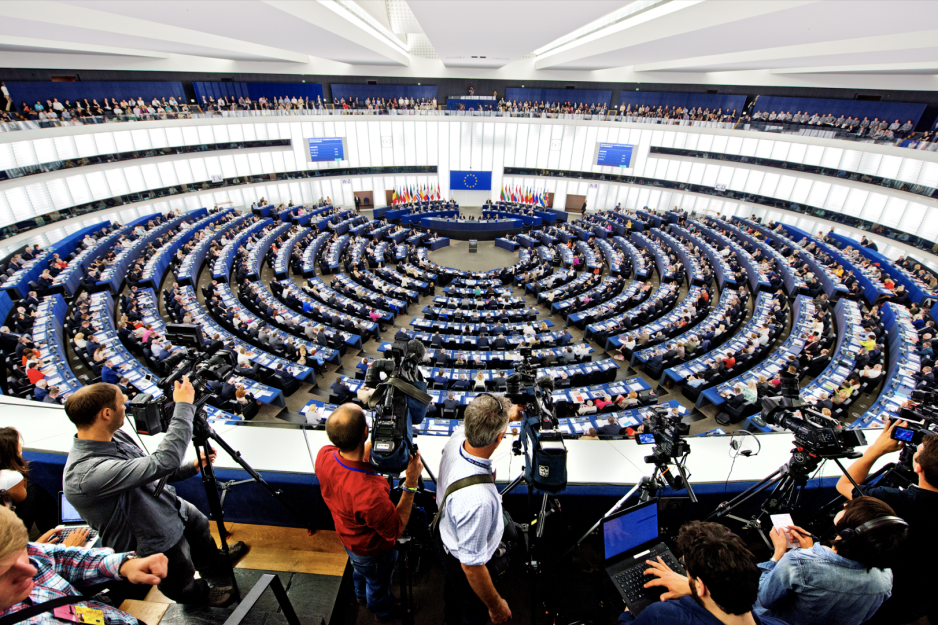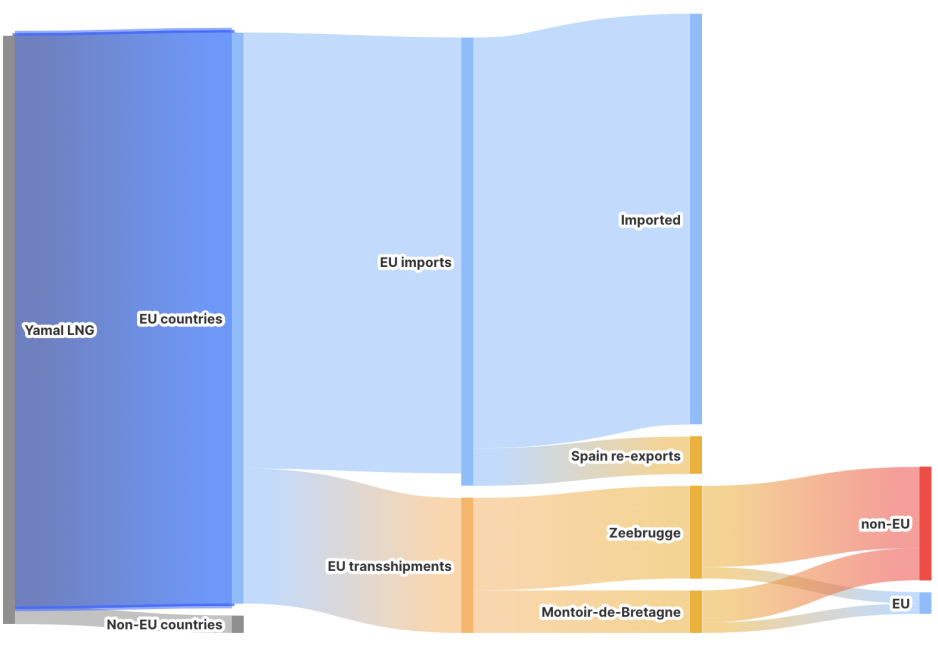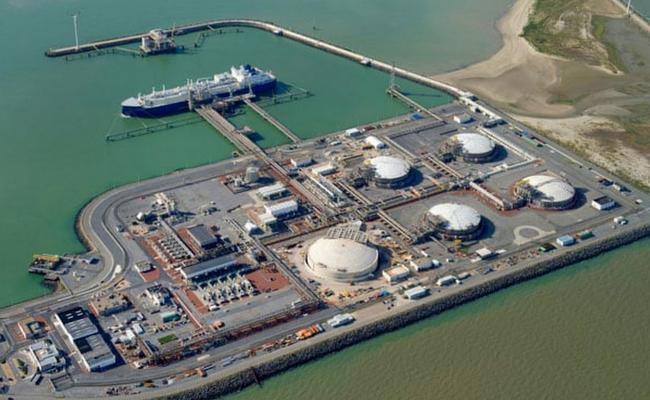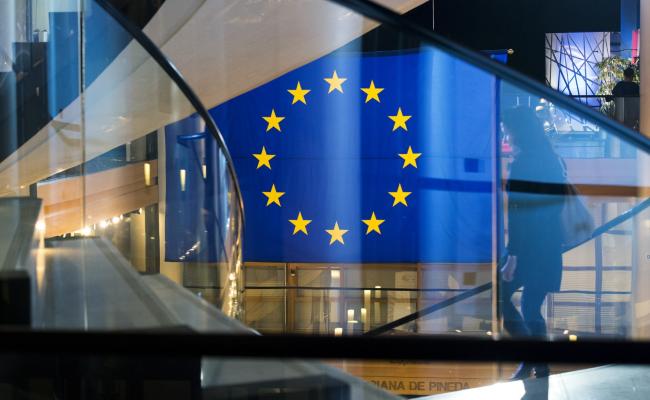EU Parliament Approves Rules for National Bans of Russian LNG, Fails to Address Transshipments

EU Parliament during vote. (Source: EU Parliament via CC BY-NC-ND 2.0)
EU institutions took another step to phasing out the import of Russian liquefied natural gas. Arctic LNG from Novatek’s Yamal LNG project continues to flow unimpeded to Europe. Now the EU Parliament has put in place rules allowing member states to restrict imports. But to what degree countries will make use of the new rules remains uncertain.
As part of a broader gas package the EU Parliament cleared the way for member states to restrict the flow of Russian liquefied natural gas (LNG) on a national level. But the legislation falls short of a comprehensive EU-wide approach. The new rules also fail to address the transit of Russian LNG via the EU, a vital source of income for Russia.
EU countries continue to import and transfer Russian LNG at record levels. In 2023 European countries purchased around $10 billion in LNG from Russia, equal to 15 percent of the country’s military budget.
The new rules allow member states to temporarily restrict the bidding for capacity at LNG import terminals. However, there is little indication that the three largest importers, France, Spain, and Belgium, will make use of this tool.
Member states need to follow a number of requirements before “temporarily” limiting up-front bidding for deliveries from Russia. The new rules are outlined in the 412-page gas package.
Specifically, member states are requested to take into account the EU’s security of supply and effects on other member states before taking any measures. They should also consult with the Commission, and other affected parties including other member states, the United Kingdom, and members of the European Economic Area before applying limitations on Russian LNG.
“Member States should take due account of potential effects of their measure on other Member States and in particular respect the principle of energy solidarity, including with a view to ensuring security of supply, when assessing the appropriateness and scope of any envisaged limitation,” the legislative package reads.
Did not address transshipments
The new legislation also does not address the transshipment of Russian LNG via EU ports, especially through Belgium’s Zeebrugge terminal. This will limit its effectiveness in curbing the flow of Russian LNG to markets, energy market experts say.
“Economists often wrongly assume that a ban on Russian LNG imports would have no impact on Russia, as LNG is a global market and flows would just redirect themselves,” says Angelos Koutsis, Energy Policy Officer at Bond Beter Leefmilieu at Belgian environmental and nature organization.
“This is true for most LNG but not for Russian Arctic LNG that is reliant on ice-class vessels to transport the LNG out of the Arctic. Those vessels are limited in supply, thus transshipment services for Russian LNG [in Europe] are basically the key for access to global markets for Russian LNG,” Koutsis continues.
Currently, around 20 percent of Russian LNG passes through the EU before being sold to third countries.
EU member states, especially Belgium and France, thus exert significant control over the access to global markets for Russian LNG.

Chart showing the flow of Russian Yamal LNG in 2023 displaying EU transshipments. (Source: IEEFA graphic with data from Kpler, IEEFA analysis)
Will Belgium take action?
But Belgian officials and Zeebrugge’s LNG terminal operators Fluxys have resisted terminating a 20-year contract with Yamal LNG to transship up to 8 million tons of LNG per year via the port.
Fluxys has thus far successfully lobbied officials to maintain a distinction between LNG imports and transshipments.
“The CCO of Fluxys himself is clearly lobbying for transshipments not to be included as they are not imports,” explains Koutsis.
The company says it is bound by the agreement it signed with Yamal LNG in 2015.
“Fluxys has repeatedly stated that their hands are tight, and that they cannot break the contract otherwise they might risk litigation.
And Belgian officials, including Energy Minister Tinne Van der Straeten, have said EU-wide binding rules would be needed to terminate the 20-year transshipment agreement.
However, this assertion may not be correct, Koutsis points out.
“What the Belgium government and Fluxys like to sweep under the rug is that the contract between Yamal LNG - Fluxys (LTSA = LNG Transshipment Services Agreement) states that it can be broken by the Belgian government and that this action is valid as Force Majeure.“
It is thus possible that the new EU Parliament rules offer sufficient legal cover for the Belgian government to end the Zeebrugge transshipments. But the EU has yet to clarify if the new Parliament rules apply to existing booking capacity for transshipments or only new bookings. It remains to be seen if an EU-wide deal will be needed to take action against the continued transfer of Russian LNG.





